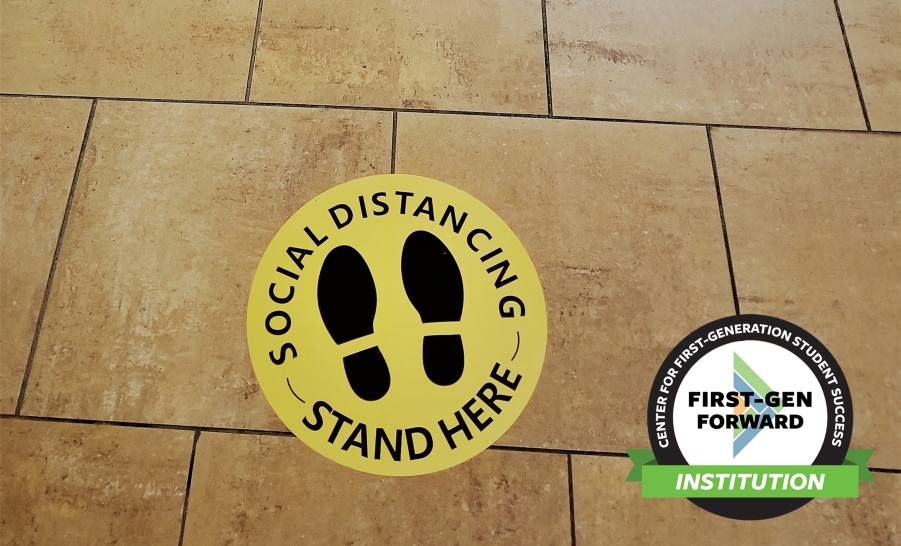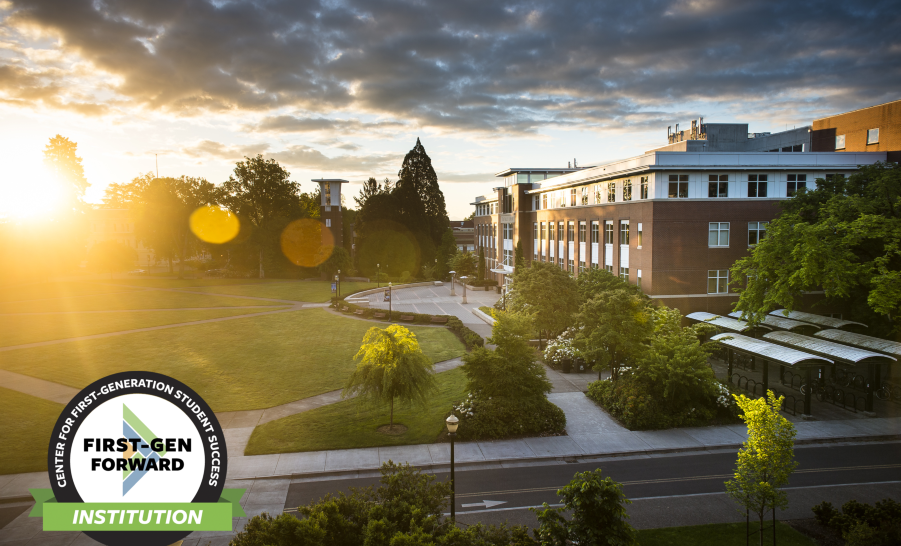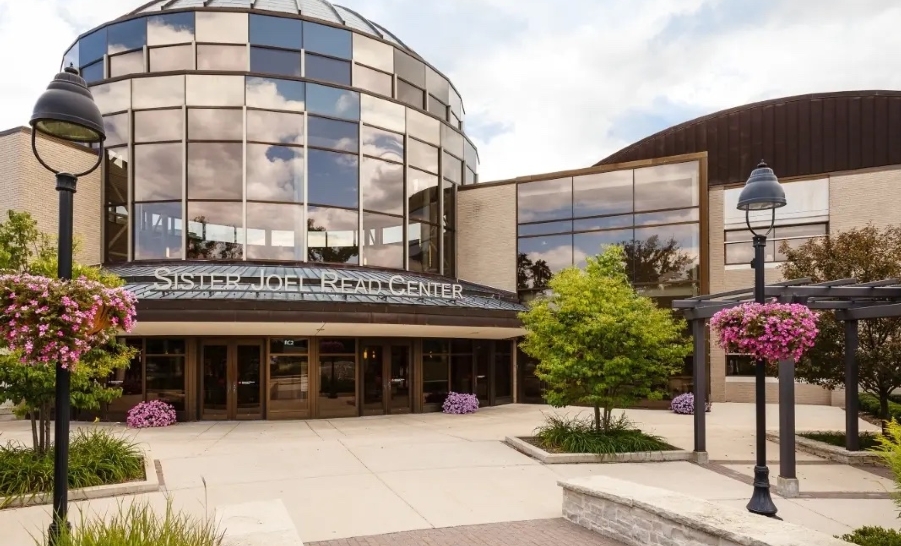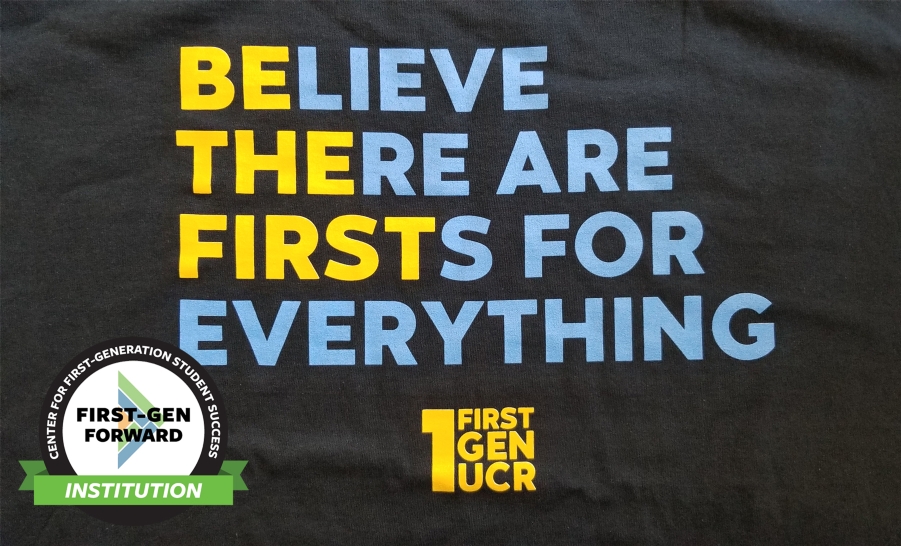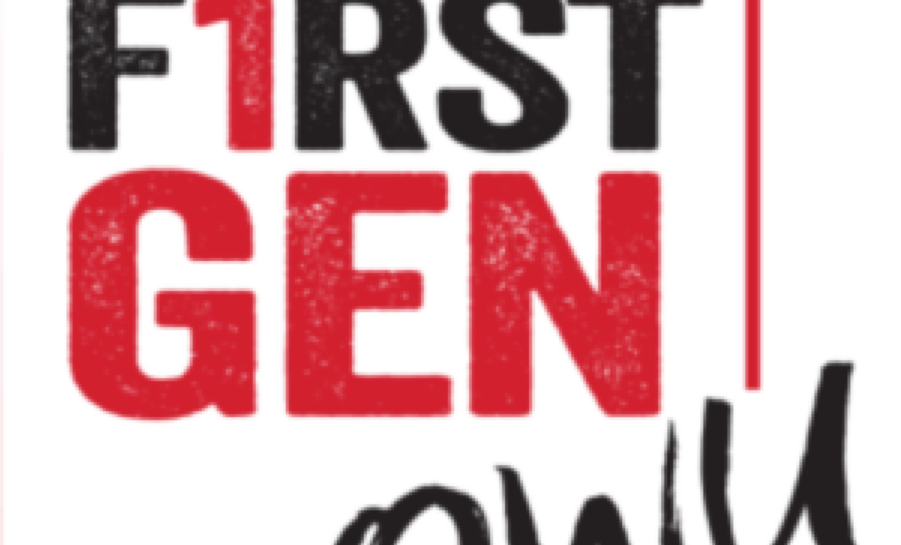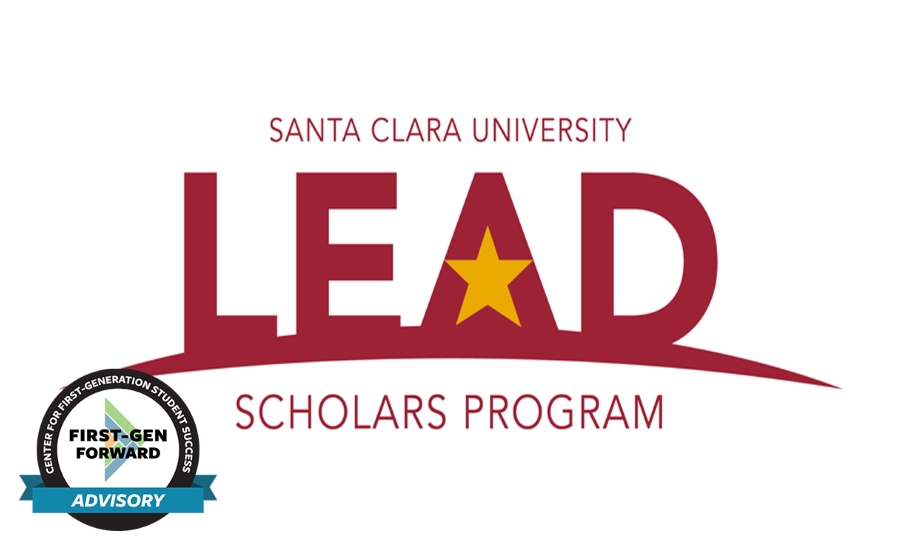Building from the Ground Up: First-gen at Auburn University
Jasmine Prince, M.Ed., Auburn University / FirstGen Forward / October 28, 2020
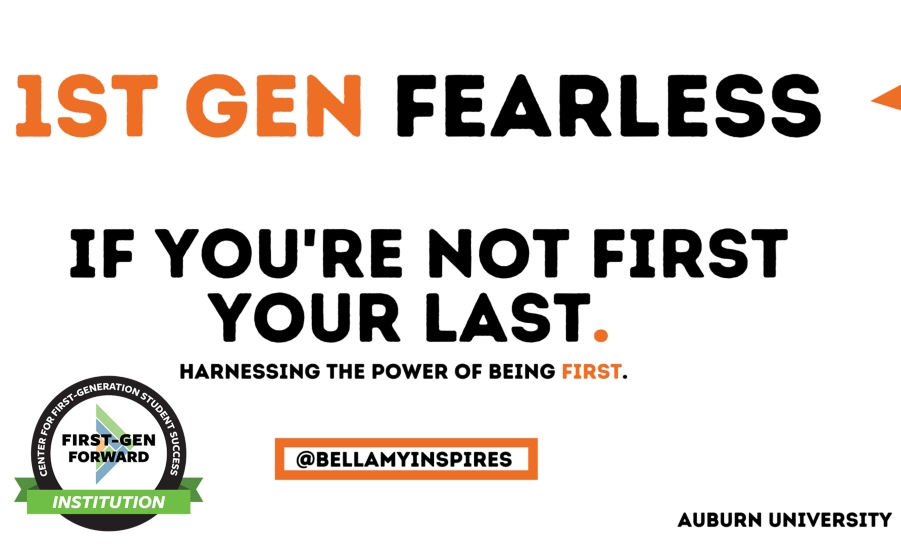
In October 2019, the Office of Inclusion and Diversity (OID) at Auburn University recognized the critical need to build a comprehensive and collaborative network of support for first-generation students at Auburn. On November 8, 2019, Auburn joined institutions from across the nation in celebrating the National First-Generation College Student Celebration day. As a part of the celebratory experience, a collaborative working group was convened to begin further discussing first-generation initiatives at Auburn. Since then, the working group has met monthly to benchmark first-generation initiatives at South Eastern Conference (SEC) universities and exemplary institutions across the nation. Over the past year, The T1GER Network has slowly gained momentum with faculty, staff, and students across our campus. Below you will find an overview of the T1GER Network, our new student programming efforts, and what we’ve learned over the last year.
The Auburn First-gen Experience & T1GER Network
First-generation students at Auburn still make up a small portion of the total undergraduate population. Data provided by the Office of Institutional Research indicates that since 2009 the percentage of first-generation undergraduate students has steadily declined from 12.6% in 2009 to 8.0% in 2019. Both the retention rates and graduation rates of first-generation students at Auburn are also lower than those of students who are considered continuing generation, where at least one parent has earned a four-year degree.
The T1GER Network, Auburn’s first-generation community, is designed to build upon Auburn University’s existing efforts to cultivate a vibrant and proud first-generation support network for students, faculty/staff, and families. The working group established a framework that includes three Pillars of Success for the Network and its subsequent programs and initiatives.
-
Tradition: Developing a true sense of pride and community among first-generation students
-
Education: Providing intentional engagement opportunities to learn
-
Resources: Ensuring that information related to support (academic, career, financial, social, etc.) is delivered in the most accessible way
Student Programming
Our first-gen student community is small, relative to our total student population. Nevertheless, this fall, we launched First-Gen Fridays, a monthly programming experience designed to enhance the experience of first-gen students on our campus. We’ve hosted two experiences this semester.
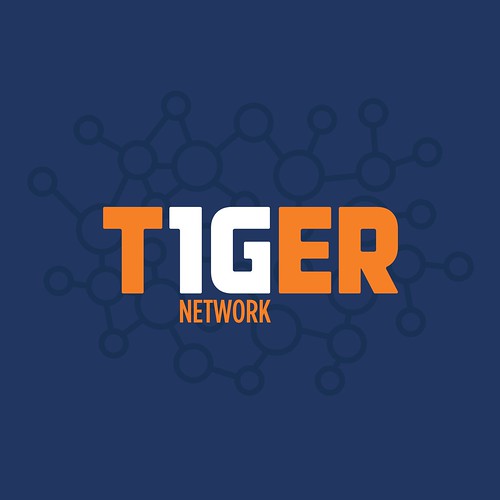
Darryl Bellamy Jr., a dynamic motivational speaker, led our October experience. Darryl’s keynote, First-Gen Fearless, unpacked the fear(s) associated with being first and gave students practical tools to begin to live with everyday courage-a simple step to living a fearless life. After the event, students shared the following:
- “This session makes me proud to tell others that I’m first-gen.”
- “It’s hard being the first to do something, and this session helped me realize that I am capable of doing hard things.”
In November, we will be celebrating National First-Gen College Celebration Day with a virtual lunch and learn experience designed to connect students and celebrate the success they’ve achieved this semester.
While our fall programming was hosted exclusively by OID, our spring First-Gen Friday lineup is being led by campus partners who are members of the collaborative working group. We have encouraged them to think about how they can modify existing programs or create a new program that centers the first-gen student experience. Our hope is that by connecting first-gen students to programs already hosted by our campus partners, we increase the visibility for both first-gen students and campus resources!
Conclusion
Over the last year, we have learned that the journey to building a strong community involves slow but strategic steps. We are embracing the challenge of engaging and supporting first-gen students through a pandemic. We are shaping the language and narrative of the first-gen student experience on our campus. We are affirming all first-gen students in our community and encouraging them to take pride in their first-gen identity. We recognize that the work is truly just beginning.
For more information on Auburn University's approach, please visit their website here.
